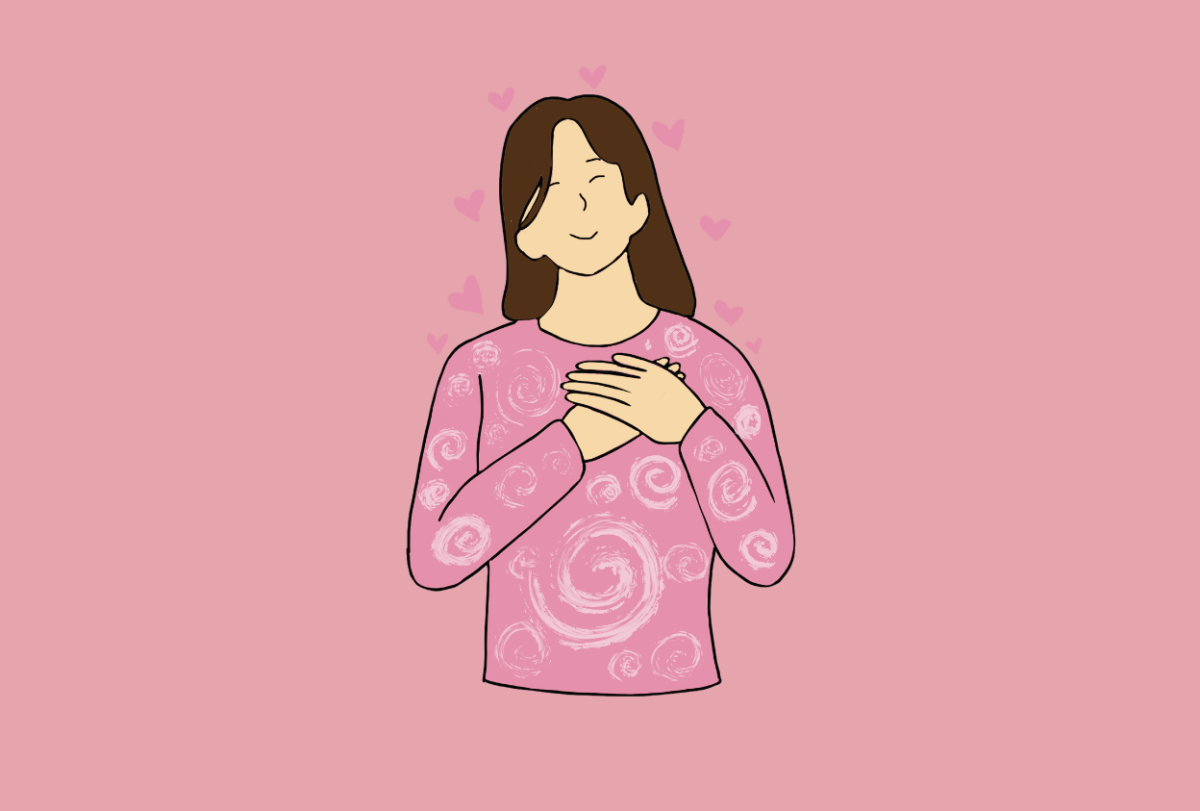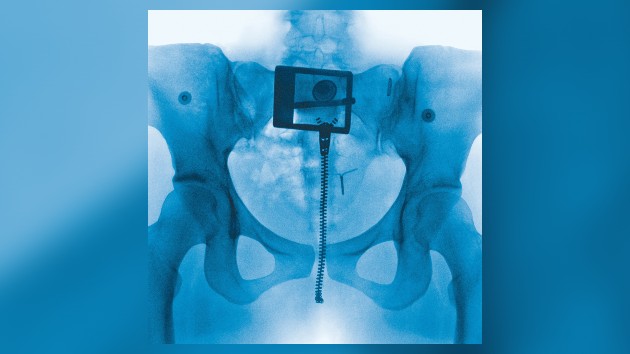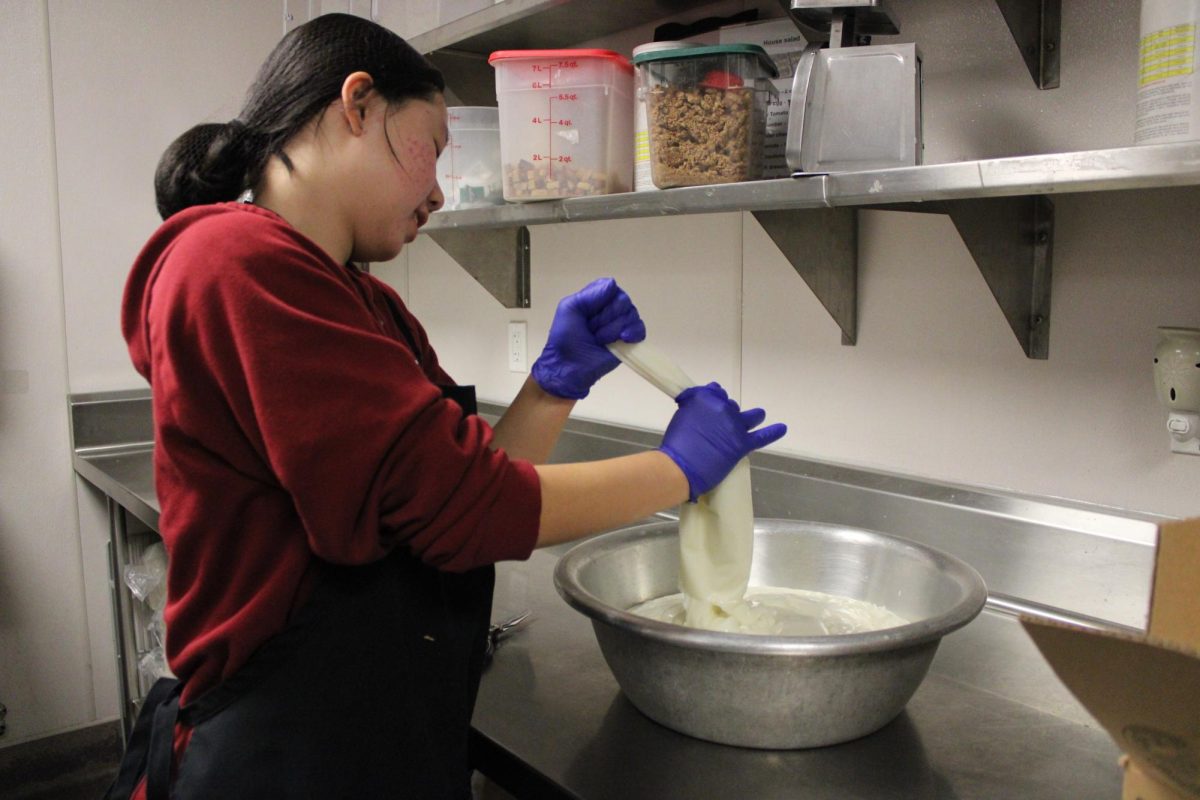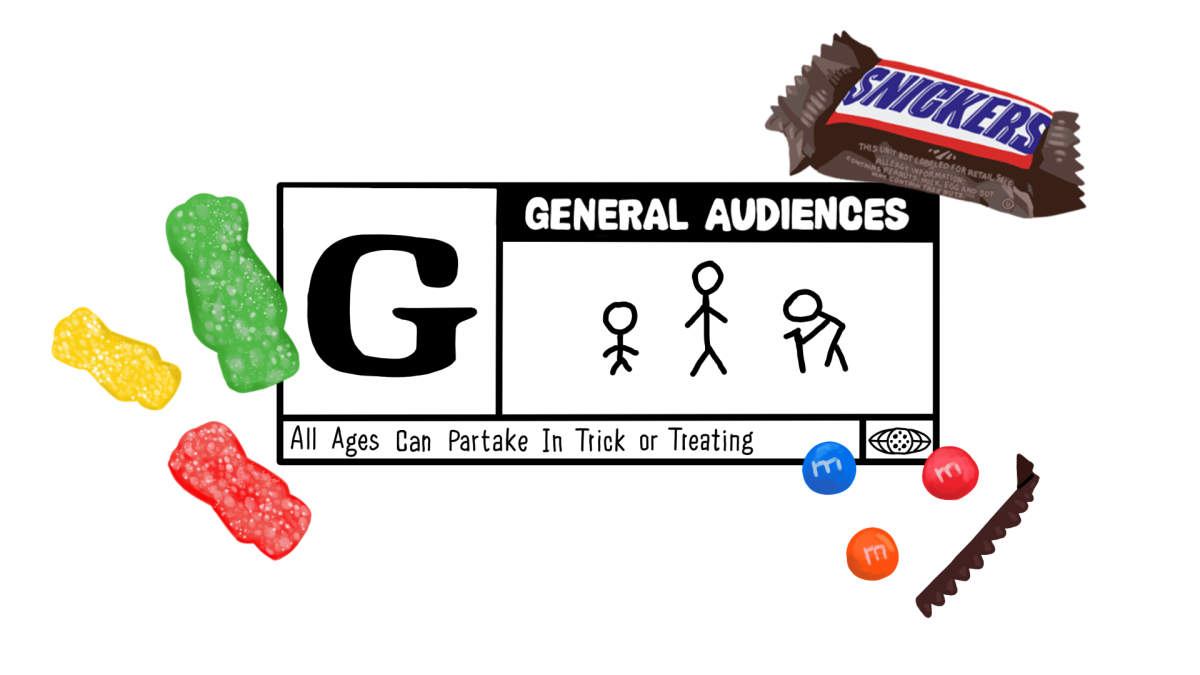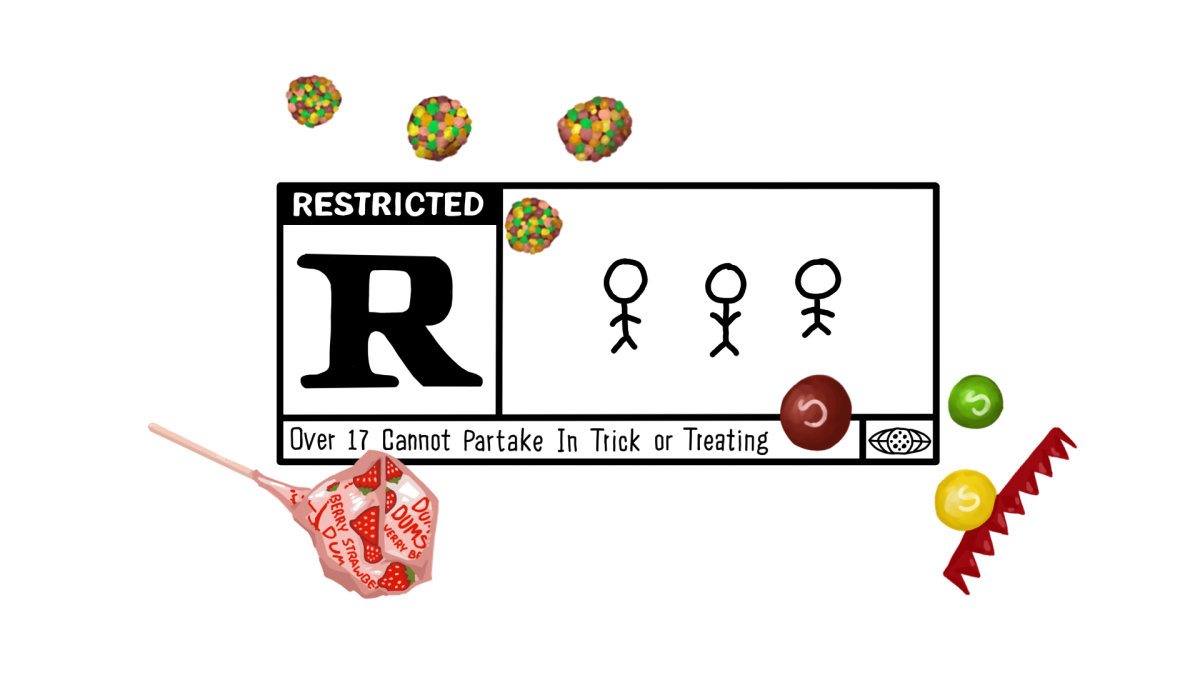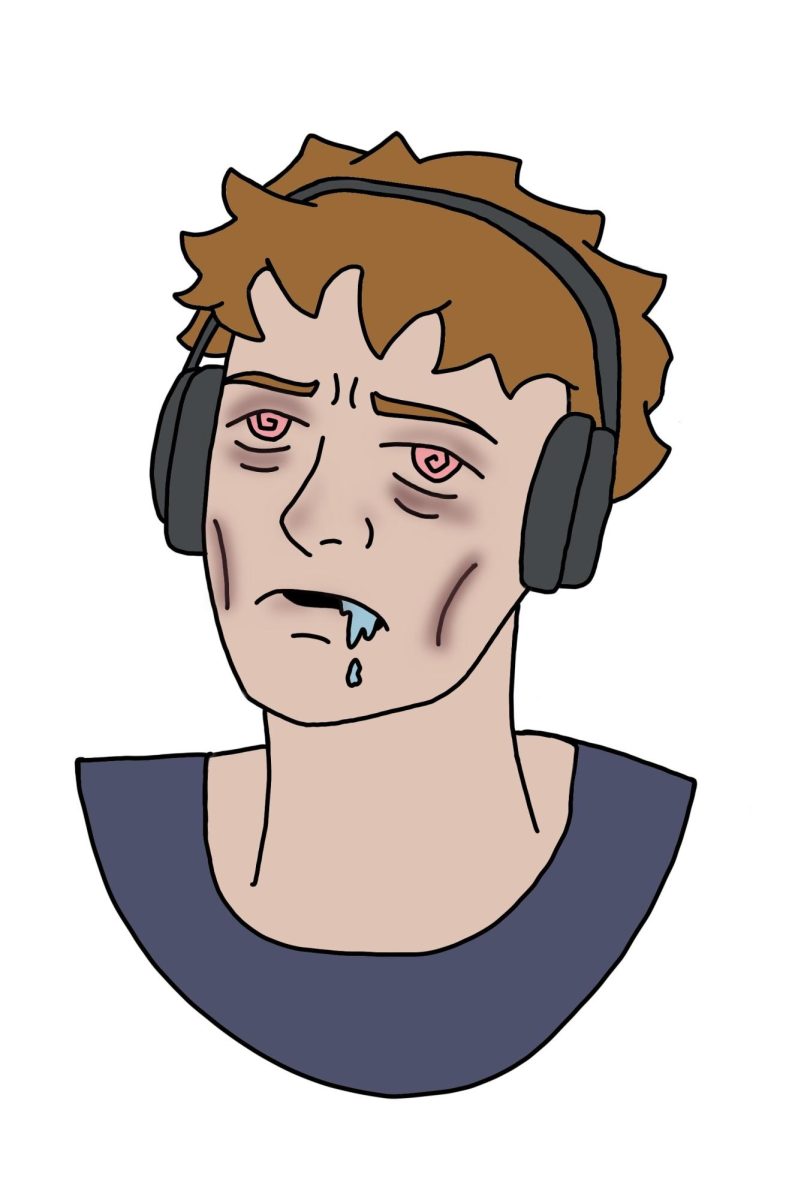You may have dropped the occasional “thank you!” or “you’re the best!” recently. But have you really thought about the effects of those simple phrases on your brain? Expressing gratitude can have many benefits, such as helping people strengthen their relationships and improve their mental health.
In a study conducted in 2018 by Taylor and Francis Online, people who documented their gratitude alongside attending therapy recovered from their mental health setbacks faster than those who did not. Along with helping with mental health, practicing gratitude can help with sleep, efficiency and vitality. All of these things can help people live a happier and more fulfilled life, which is why everybody should try to incorporate gratitude into their everyday lives.
It is proven that happiness is strongly impacted by gratitude, as gratitude helps strengthen and build a more substantial basis for relationships, according to Harvard Health. Two psychologists — Dr. Robert A. Emmons from the University of California, Davis, and Dr. Michael E. McCullough from the University of Miami — did a 10-week research study on gratitude’s effect on three groups of people: those that wrote about what they were grateful for, those that wrote about what irritated them, and those that wrote about a particular event that affected them (not specifically negative or positive). They observed that the people who wrote about what they were grateful for were more optimistic and “felt better about their lives.” This activity also positively affected their physical health, with higher rates of exercise and fewer doctor visits in that group than in the others.
While these studies prove the effects of gratitude, there is also data on the neurological effects of gratitude — the chemical reactions that gratitude catalyzes. According to The Neuroscience of Gratitude and Effects on the Brain by Madhuleena Roy Chowdhury, “When we express gratitude and receive the same, our brain releases dopamine and serotonin, the two crucial neurotransmitters responsible for our emotions, and they make us feel ‘good.’ They immediately enhance our mood, making us feel happy from the inside.”
The paper also discusses how the dopamine released by practicing gratitude can help relieve symptoms of pain. In a study conducted by the American Psychological Association, people who documented the effects that practicing gratitude had on them experienced limited pain symptoms.
Executing gratitude routinely can significantly improve our lives. It helps us build stronger relationships, boosts our mental and physical health and encourages us to appreciate what we have. When we feel grateful, our brains release chemicals that improve our mood, creating a positive cycle. When people express gratitude on a daily basis, it can help them live a happier, more fulfilled life. So, try to include gratitude in your everyday life, and notice how it transforms your outlook and well-being.


